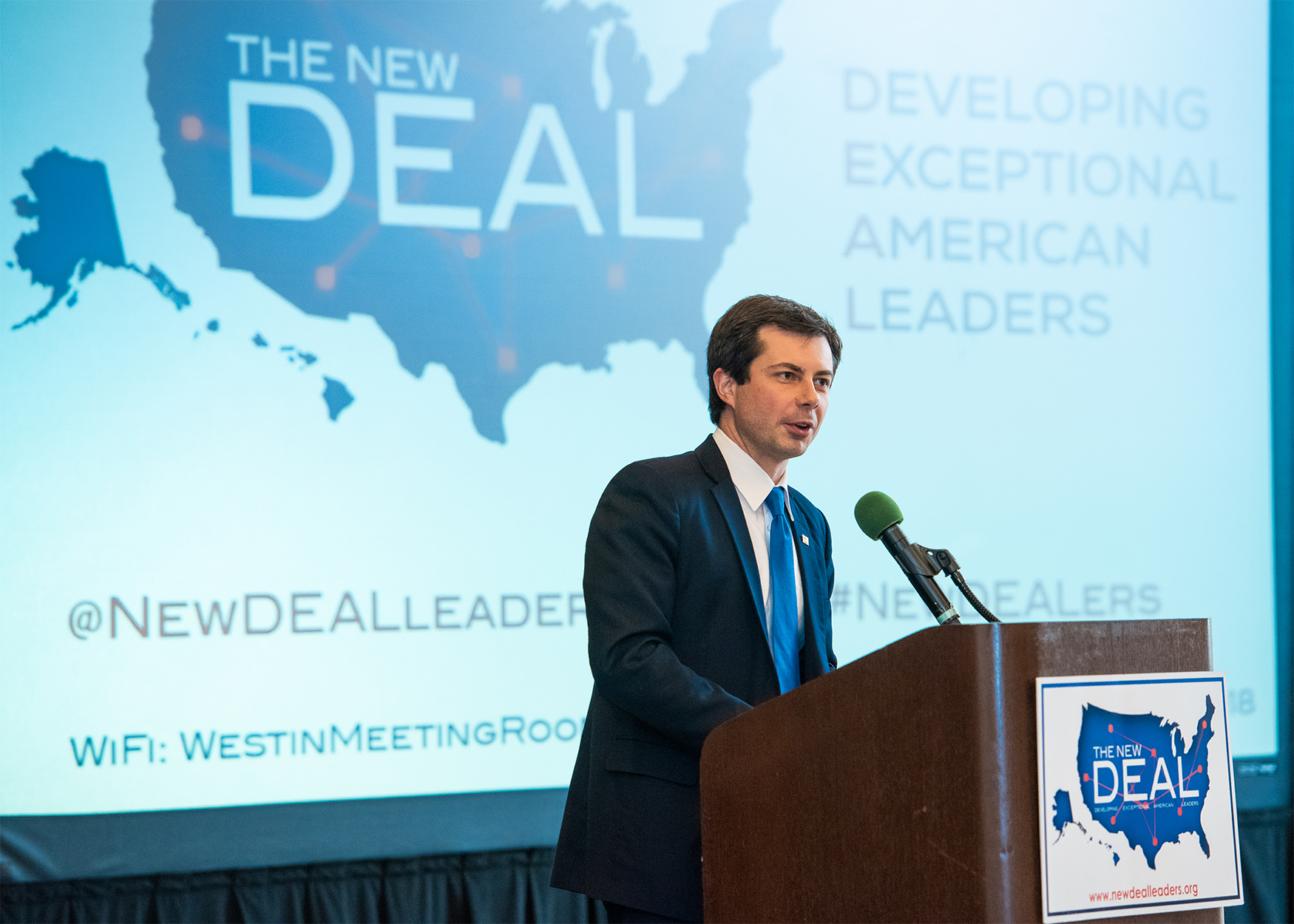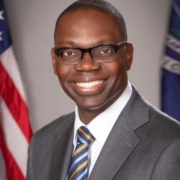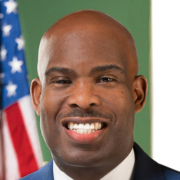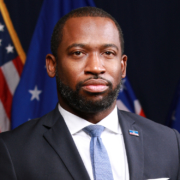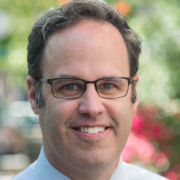ARP: Partnering with Community Colleges to Prepare Workers for High-Demand Sectors
Problem
According to the Congressional Research Service, in general, persons with lower educational attainment experience relatively higher unemployment rates compared to peers with high levels of educational attainment. This population was also hit hardest during the pandemic with the highest rates of unemployment. Furthermore the report found that persons identifying as Black or Hispanic and younger workers also experienced relatively high levels of unemployment and relatively steep declines in labor force participation over the course of the pandemic.
Solution
After a tech firm recently chose Phoenix as the location for a new semiconductor factory, Mayor Gallego partnered with community colleges to make it easier for residents to obtain degrees and training that prepare them for jobs at the plant and other high-demand sectors. The Rescue Plan is allowing Phoenix to offer monthly stipends of up to $1,000 to help residents who enroll in courses for high-demand industries, such as technology and health care. The funds can be used to offset costs such as books and child care. And Gallego is particularly focused on ensuring single parents are able to participate.


